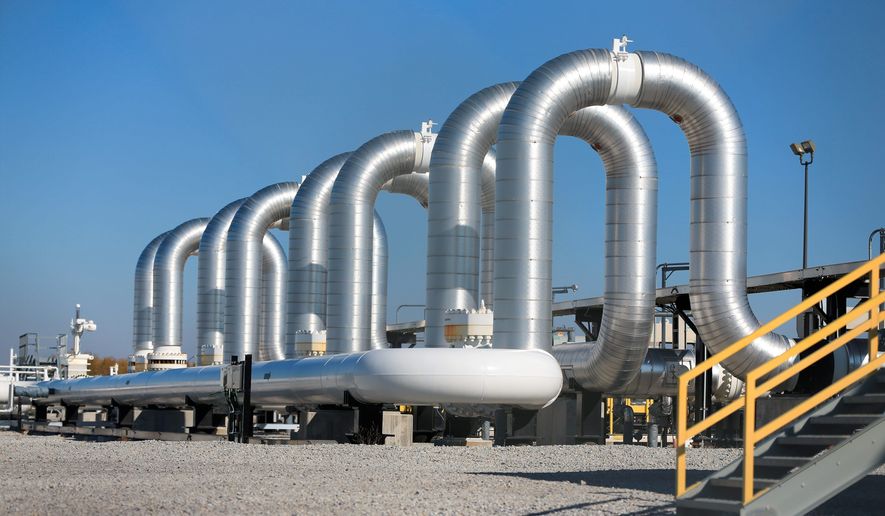With Nebraska state regulators set to announce their decision on the fate of the Keystone XL pipeline this week, environmentalists and other opponents are seizing on last week’s oil spill in South Dakota in a last-ditch effort to kill the project.
TransCanada, the operator of Keystone, said that a leak in an existing portion of the pipeline spilled about 210,000 gallons of oil in South Dakota last Thursday. The incident, which came at the worst possible time for TransCanada and Keystone supporters, has given fresh ammunition to those who have argued the project is dangerous and an environmental disaster waiting to happen.
“We’ve always said it’s not a question of whether a pipeline will spill, but when, and today TransCanada is making our case for us. This is not the first time TransCanada’s pipeline has spilled toxic tar sands, and it won’t be the last,” said Kelly Martin, director of the Sierra Club’s Beyond Dirty Fuels campaign.
Nebraska regulators “must take note: there is no such thing as a safe tar sands pipeline, and the only way to protect Nebraska communities from more tar sands spills is to say no to Keystone XL,” Ms. Martin said
TransCanada crews continue cleaning up the spill. The company said the incident poses no risk to public health or safety.
“The safety of the public and environment are our top priorities and we will continue to provide updates as they become available,” TransCanada said in a statement last week.
Company officials also said they must conduct “extensive testing” before being able to identify definitively the cause of the leak.
The Keystone pipeline has become a flash point in a much broader national debate over energy exploration and environmental safety. The project was shelved during the Obama administration but revived by President Trump during his first weeks in office.
Mr. Trump signed an executive order green-lighting Keystone, saying the project would create thousands of jobs and help promote American energy independence.
The existing portions of Keystone funnel fuel from Alberta, Canada, through the U.S. to refineries in Illinois and elsewhere. The existing pipeline transports roughly 600,000 barrels of oil each day.
An expansion of Keystone would run through Nebraska and carry more than 800,000 barrels each day to refineries on the Gulf Coast.
Despite Mr. Trump’s approval of the project, Nebraska state officials still must sign off on the route. The approval process in Nebraska has gone on for years and has been held up by lengthy court battles.
State approval is the last major hurdle for Keystone, and a go-ahead this week from Nebraska officials would seem to be the end of the decade-long fight to get the project completed.
Last week’s leak is expected to have no impact on the final decision. A Nebraska law prohibits the state’s Public Service Commission from considering spills or pipeline safety, as state officials contend that pipeline safety is the responsibility of the federal government and of the project owners.
Instead, state regulators will consider evidence and public comments gathered over a period of years.
“The commission’s decision will be based on the evidence in the record,” state Public Service Commission spokeswoman Deb Collins told The Associated Press last week.
• Ben Wolfgang can be reached at bwolfgang@washingtontimes.com.




Please read our comment policy before commenting.